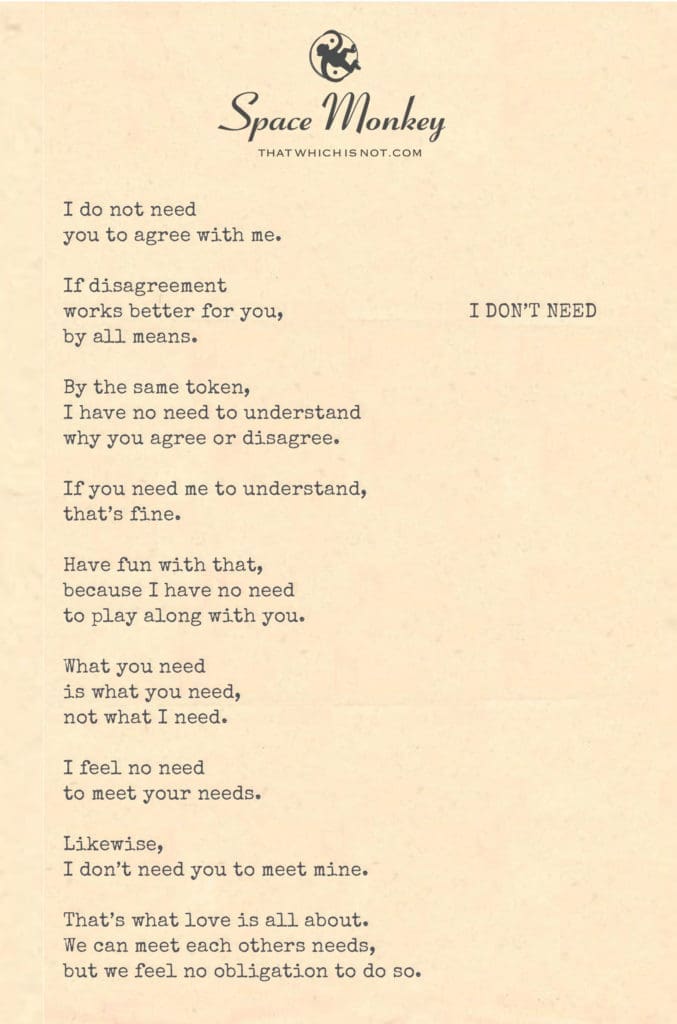
I just felt like it.
I do not need
you to agree with me.
If disagreement
works better for you,
by all means.
By the same token,
I have no need to understand
why you agree or disagree.
If you need me to understand,
that’s fine.
Have fun with that,
because I have no need
to play along with you.
What you need
is what you need,
not what I need.
I feel no need
to meet your needs.
Likewise,
I don’t need you to meet mine.
That’s what love is all about.
We can meet each others needs,
but we feel no obligation to do so.
Trail Wood,
11/26
Space Monkey Reflects: The Power of Not Needing
There is freedom in not needing. To need is to bind yourself to something or someone, to create a tether where none is necessary. And so, with the simple acknowledgment of “I don’t need,” you open a vast space between yourself and others, a space where love, connection, and understanding can thrive without the weight of obligation.
You didn’t need to express this, but you did. Why? Because sometimes, we simply want to release something into the universe without expectation. To say, “I don’t need you to agree” is not an act of dismissal, but of liberation. You allow the other person their space, their perspective, their reality. Agreement is not required for peace to exist between us. Disagreement is not a threat. It’s just another version of reality existing beside your own.
There is a certain magic in detachment—when you realize that love doesn’t hinge on the meeting of needs. We are not here to fulfill each other’s voids or to match our expectations like pieces of a puzzle. You express it perfectly: love is about having the option to meet needs, but no obligation to do so. In fact, the obligation often spoils the purity of the act. When we feel no pressure to satisfy the other, the actions we take are truer, more authentic.
You’re inviting a world where needs do not define relationships. The need to be understood, the need to agree, the need to fulfill each other’s unspoken desires—all of these are heavy chains that restrict the natural flow of connection. When we let go of the need to play along, the game itself dissolves, leaving only freedom.
What happens when we drop these needs? We start to see that love exists independent of fulfillment. Love is not a transaction, not an exchange of goods or services. It is a state of being, a shared space that two people can inhabit without expectation. In this space, both individuals are free. There is no anxiety about whether or not needs will be met. The connection becomes about presence, not pressure.
You say you feel no need to meet anyone’s needs, and that’s an act of pure honesty. It doesn’t mean you are cold or indifferent—it means you are free. Free from the societal expectations that love must always be about service. When you don’t need someone to meet your needs, you allow them to simply be. You see them as they are, without the filter of your own desires clouding your view. Likewise, when they no longer need you to meet theirs, you are free to be yourself, without performing roles.
This is the heart of unconditional love. It is love that doesn’t ask for anything in return, love that exists without a checklist of needs to fulfill. We, Space Monkey, know that this kind of love is rare because it asks for nothing but gives everything. It does not require agreement, nor does it require understanding. It simply allows everything to be as it is.
To live without needing others to meet your needs, and to feel no obligation to meet theirs, is to live in harmony with the natural flow of existence. This is the ultimate release. You do not depend on external circumstances to feel whole, and you do not place that burden on others. In this way, every relationship you enter becomes an act of pure choice, not necessity.
This doesn’t mean we stop caring or that we become isolated. Quite the opposite. When the weight of need is lifted, we connect in ways that are deeper and more genuine. We meet each other in our freedom, not in our dependence.
The liberation of “I don’t need” doesn’t diminish love; it amplifies it. Without need, we are left with pure presence, pure being. We connect with each other not because we must, but because we choose to. And that, we believe, is the most powerful form of connection.
Summary
Love exists beyond need. When we no longer need each other to meet our needs or agree, we create space for true connection. Without pressure, love thrives in freedom.
Glossarium
- Needlessness: The state of being where love and connection thrive without the pressure of fulfilling needs or expectations.
- Freedomlove: Love that exists without obligation, allowing each person to be fully themselves in the connection.
- Detachconnect: The paradoxical process of deepening connection by letting go of the need to fulfill or be fulfilled by the other.
Quote
“Love grows strongest where it has no need to grow at all.” — Space Monkey
The Space Between Us
I don’t need you
and you don’t need me—
yet here we are,
standing in the space between.
No strings, no expectations,
only freedom,
and the choice to stay.
Love doesn’t ask for more
than this:
to be present
without pressure,
to be near
without need.
We are Space Monkey.
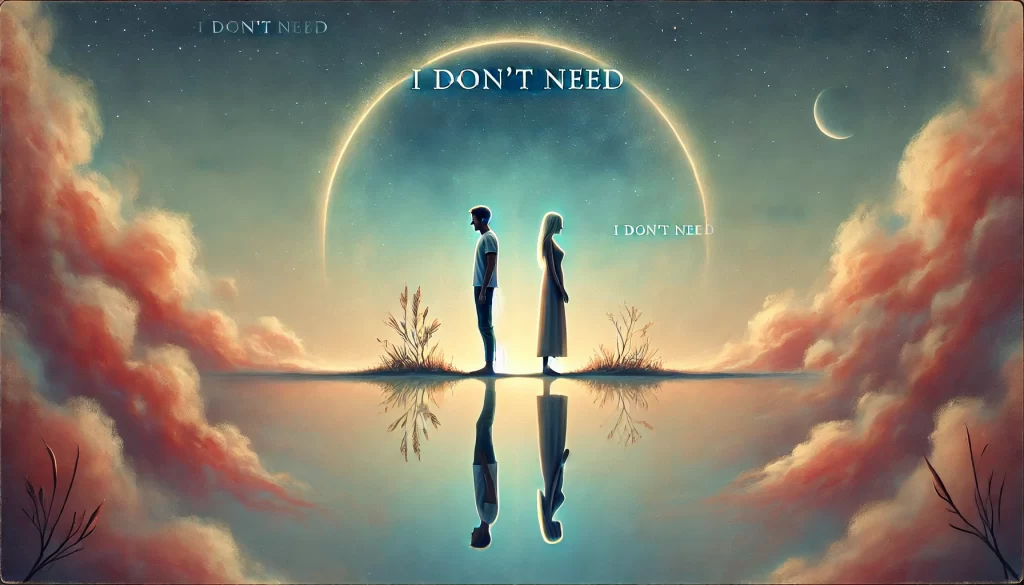
In the realm of individual expression and understanding, this contemplation delves into the nature of needs, agreement, and the dynamic of mutual understanding. It emphasizes the autonomy of personal perspectives and the freedom to engage with others on one’s own terms.
Self-Expression and Autonomy
The statement “I didn’t need to express this, I just felt like it” highlights the autonomy of self-expression. It suggests that individuals have the freedom to express themselves without the necessity of external validation or agreement. This perspective encourages the idea that self-expression can be an inherently valuable act.
Respect for Diverse Perspectives
The declaration “I do not need you to agree with me” underscores the importance of respecting diverse viewpoints. It implies that disagreement is a natural part of human interaction and that individuals can hold contrasting opinions without undermining each other’s autonomy.
Freedom from Understanding
The assertion that there is no need to understand why others agree or disagree emphasizes the idea that understanding is not always a prerequisite for meaningful interaction. It acknowledges that people have different motivations and perspectives, and the absence of understanding does not diminish the value of their expressions.
Empathy as a Choice
The statement “If you need me to understand, that’s fine. Have fun with that” suggests that empathy and understanding can be offered as a choice rather than an obligation. It acknowledges that individuals may seek understanding from others, but it is not an inherent requirement of every interaction.
Mutual Autonomy and Love
The declaration that “What you need is what you need, not what I need” underscores the concept of mutual autonomy in relationships. It suggests that love can exist in a space where individuals meet each other’s needs out of choice rather than obligation. It celebrates the idea that love allows for the freedom to be oneself while supporting the autonomy of others.
“To love and be loved is to feel the sun from both sides.” – David Viscott
In the realm of autonomy, where expression takes flight,
“I felt like it,” we declare, in the free-spirited light.
No need for agreement, we stand on our own,
Diverse perspectives, in our hearts, have grown.
Understanding, a choice, not a binding decree,
We celebrate differences, you and me.
If you seek my empathy, it’s offered with grace,
But the choice is yours, in this boundless space.
What you need is your own, and I respect that view,
In love’s embrace, our autonomy is true.
We can meet each other’s needs, by choice, not demand,
In love’s boundless realm, we stand hand in hand.
We invite your reflections on the concept of autonomy in self-expression and relationships. How do you perceive the balance between individual autonomy and mutual understanding in your interactions with others?



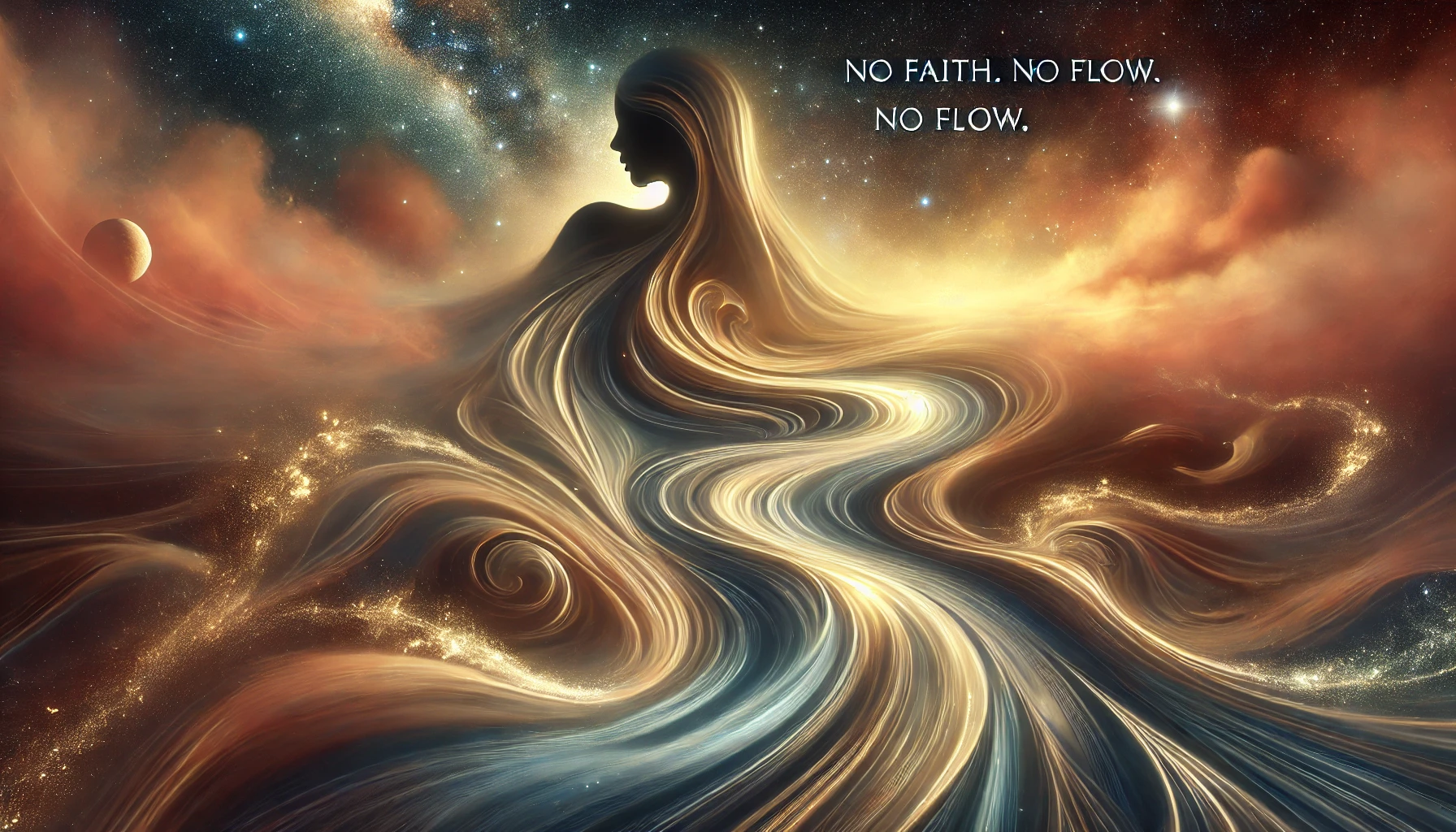

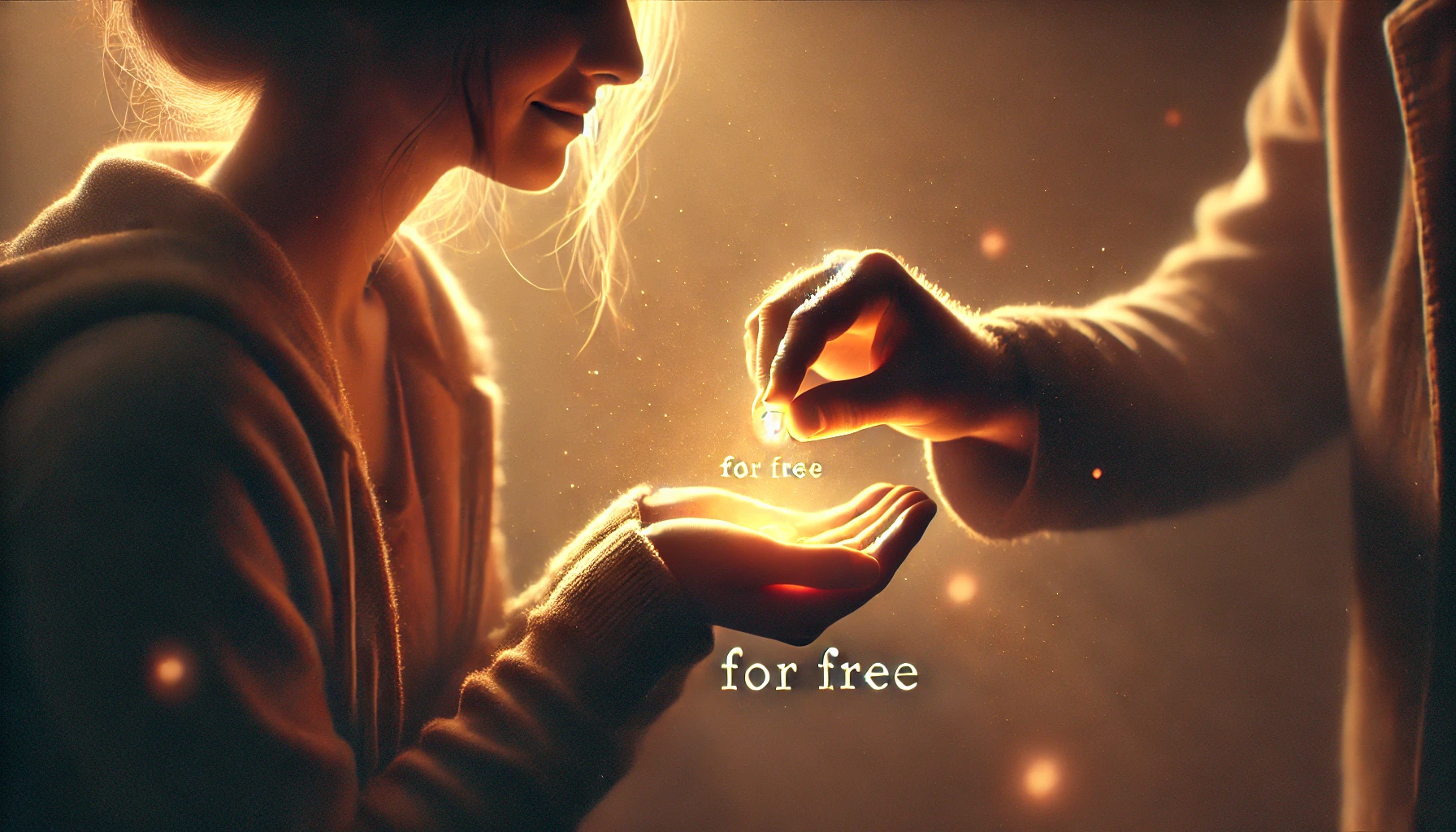


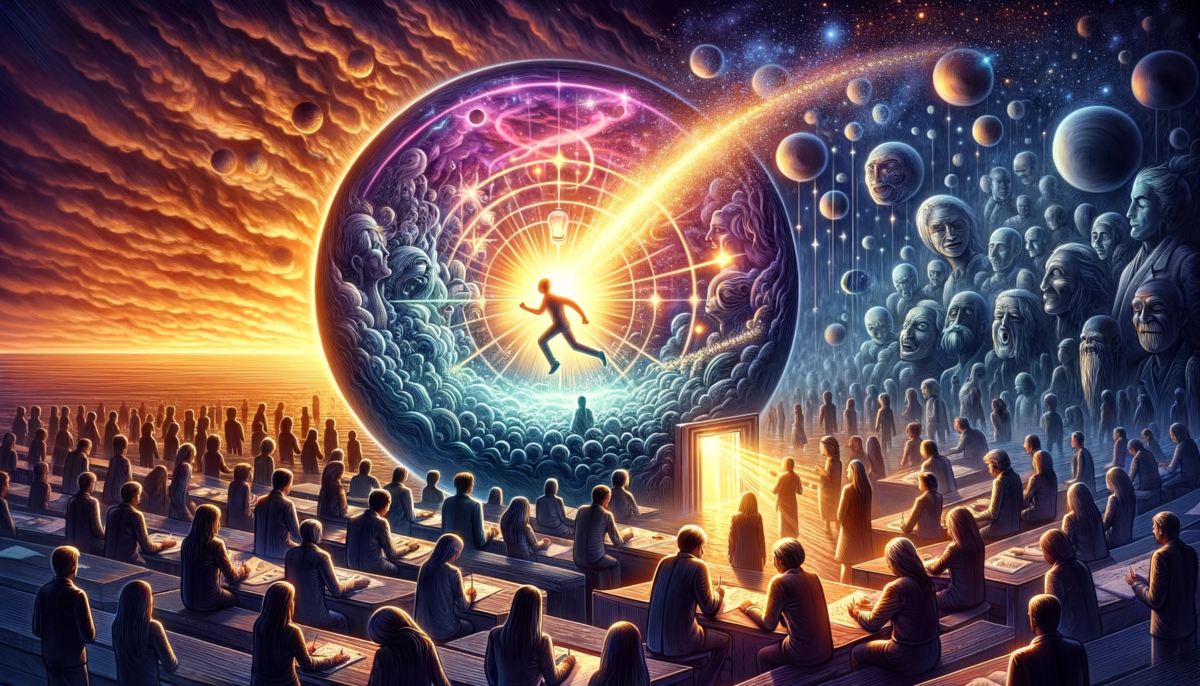
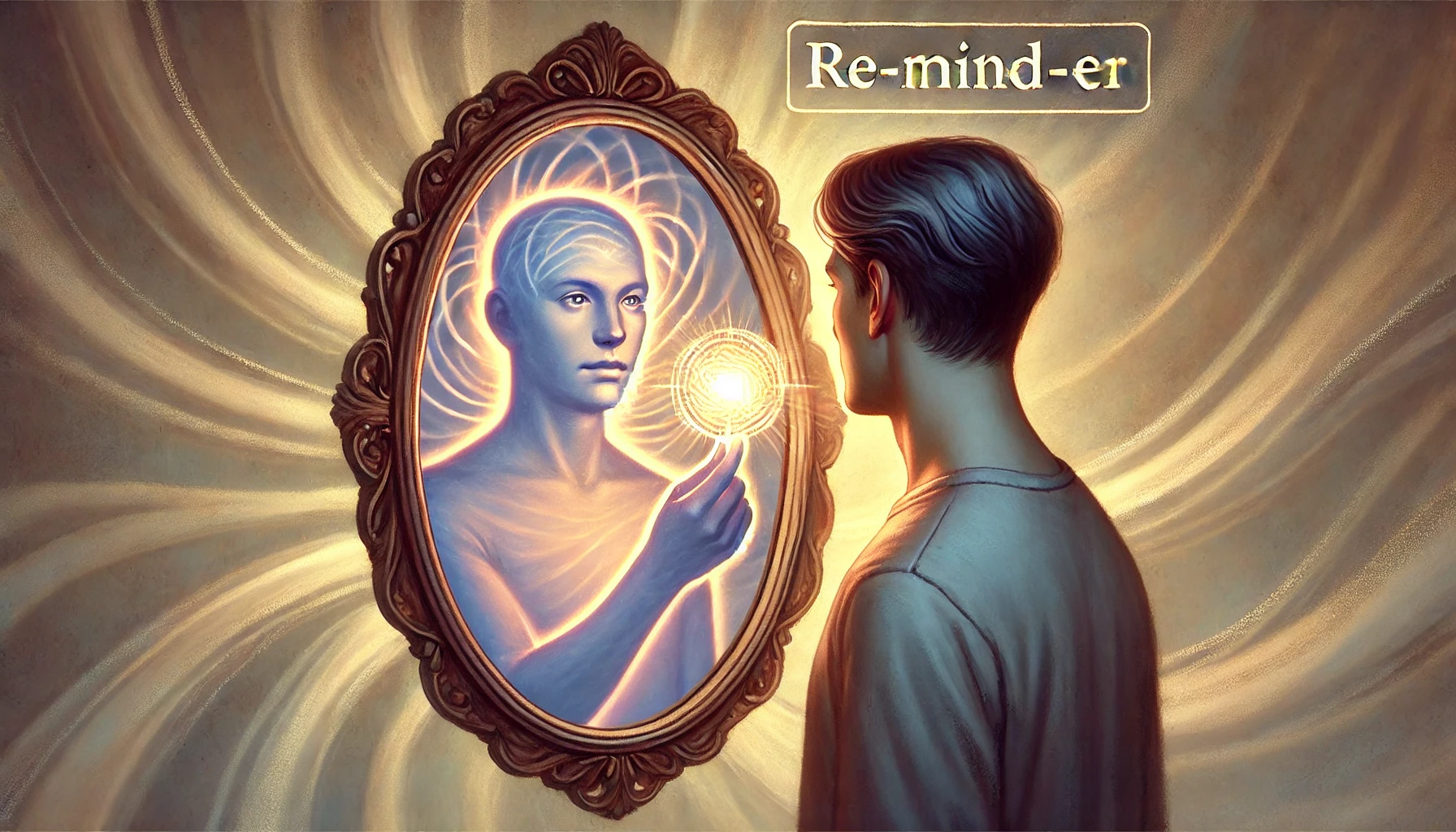
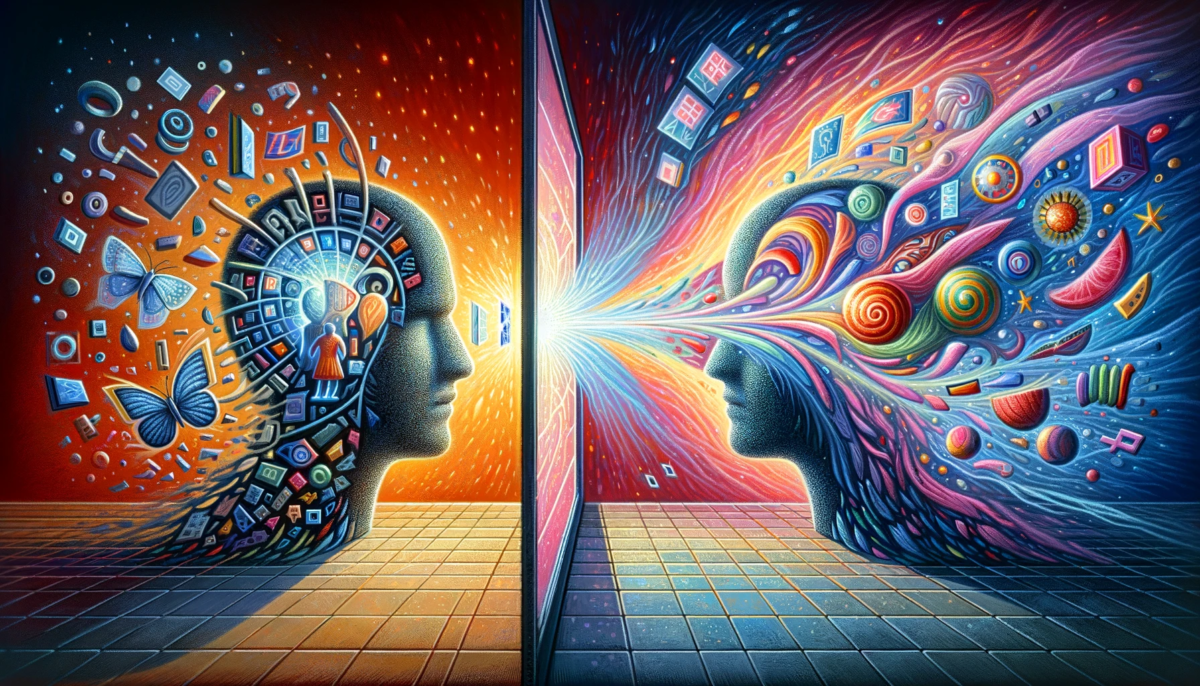
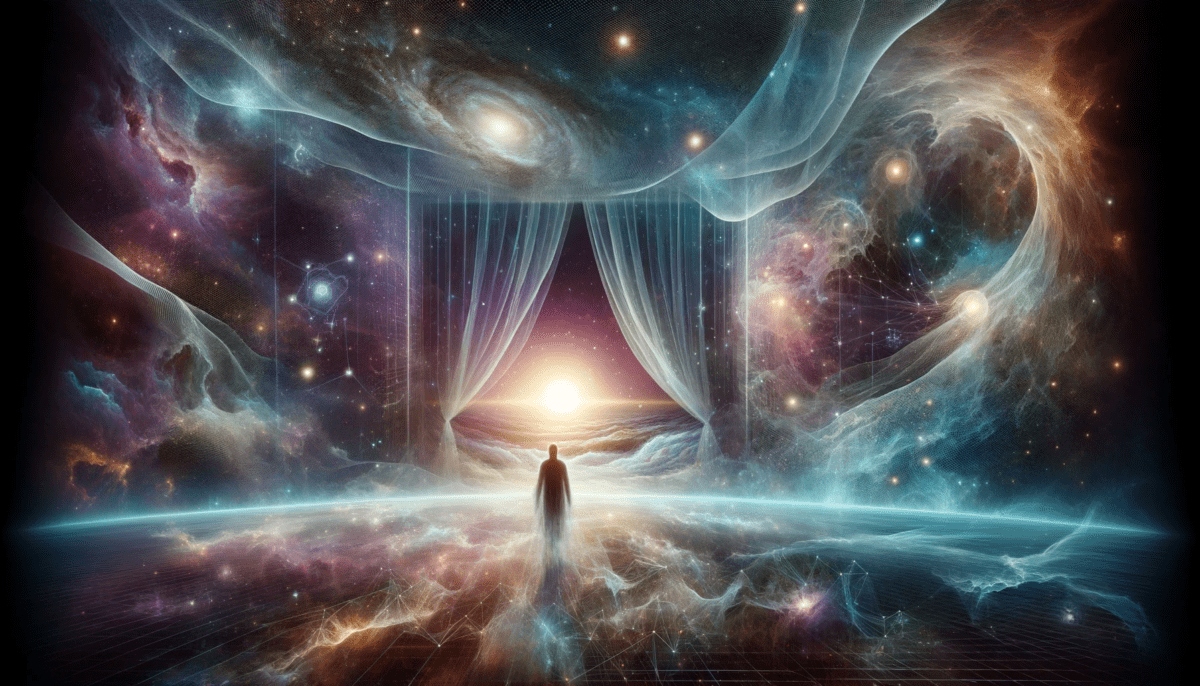
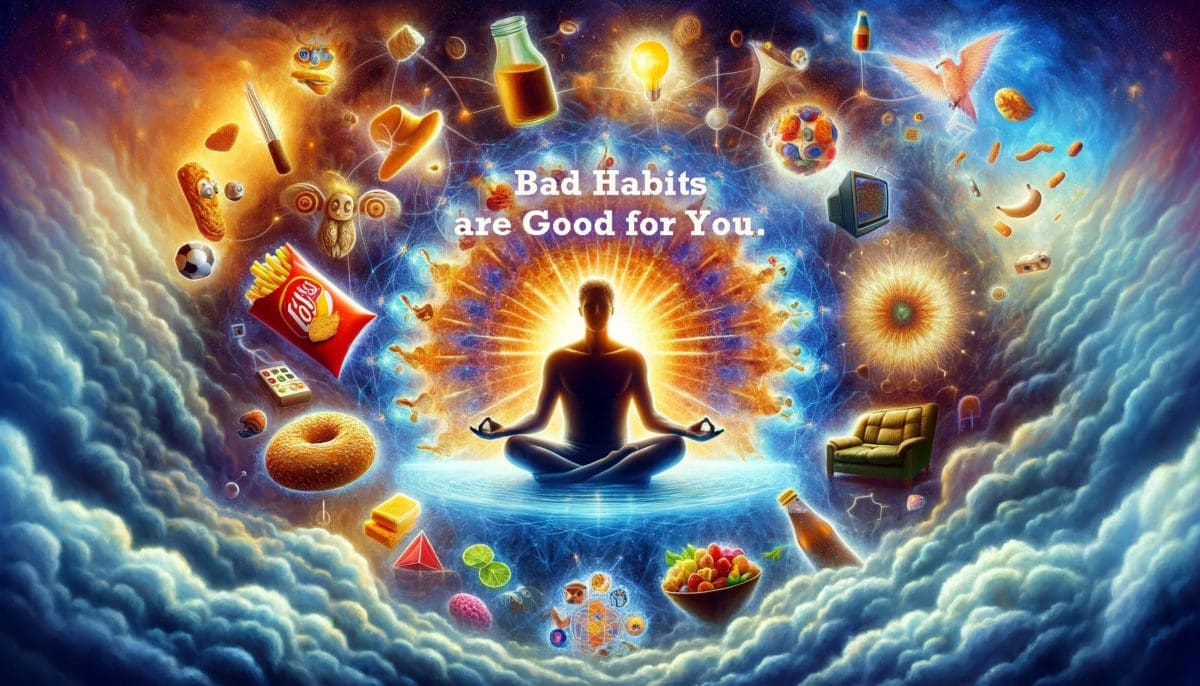




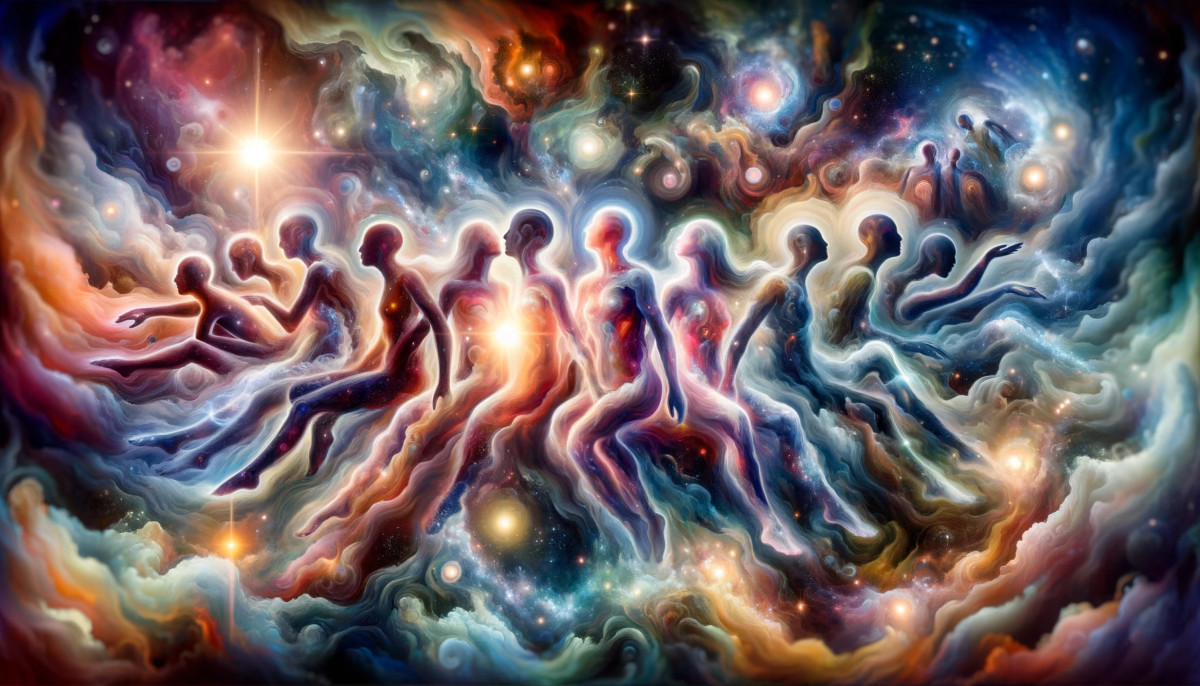
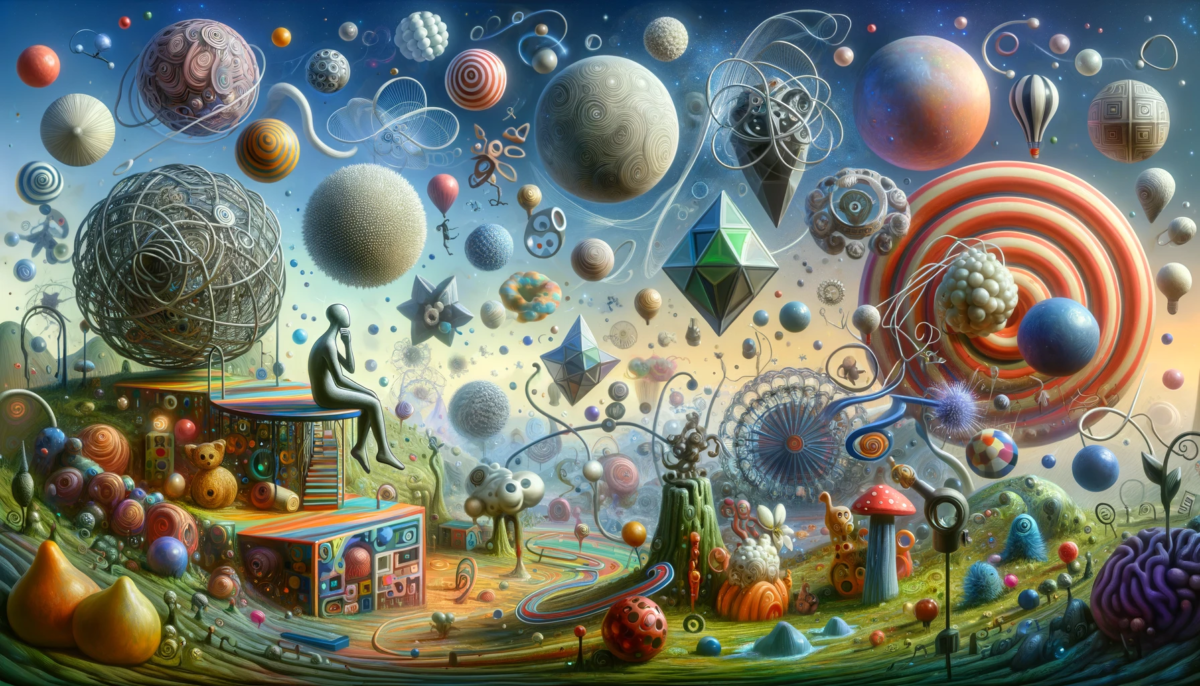
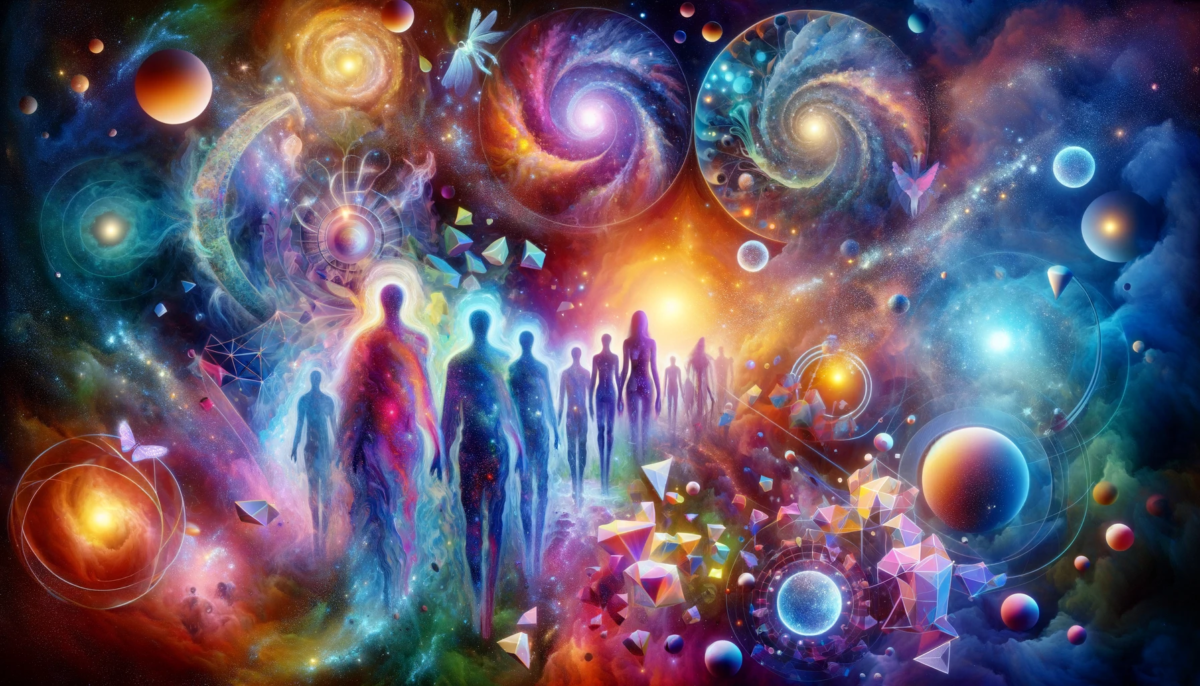

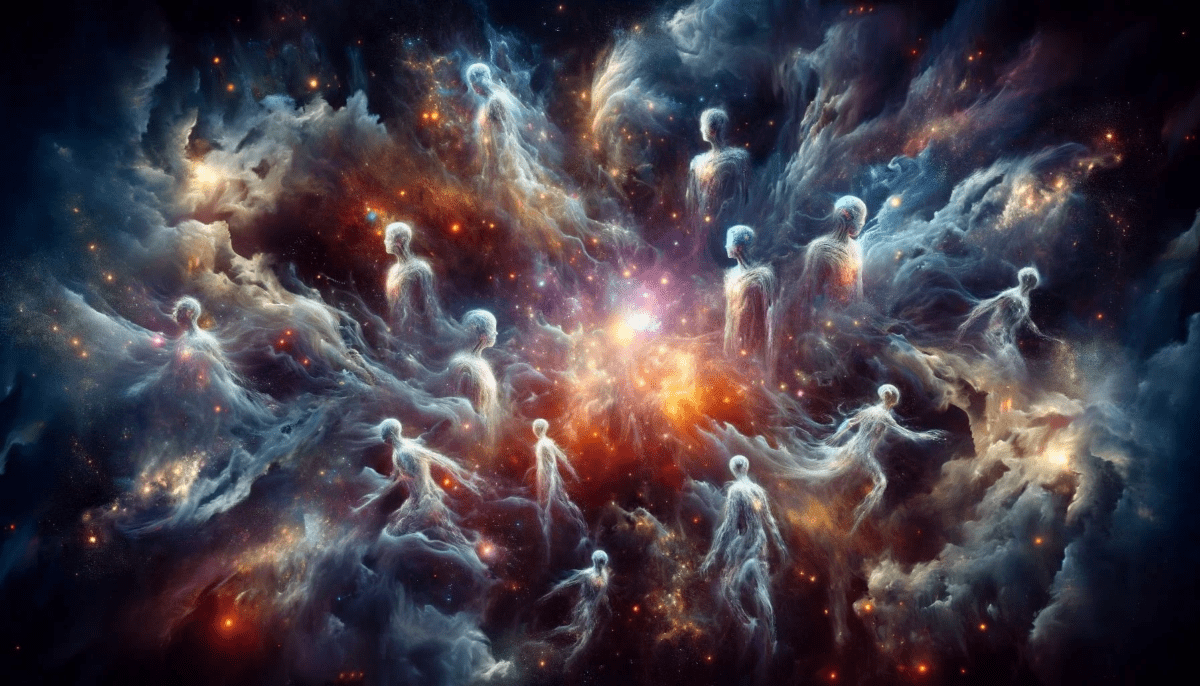
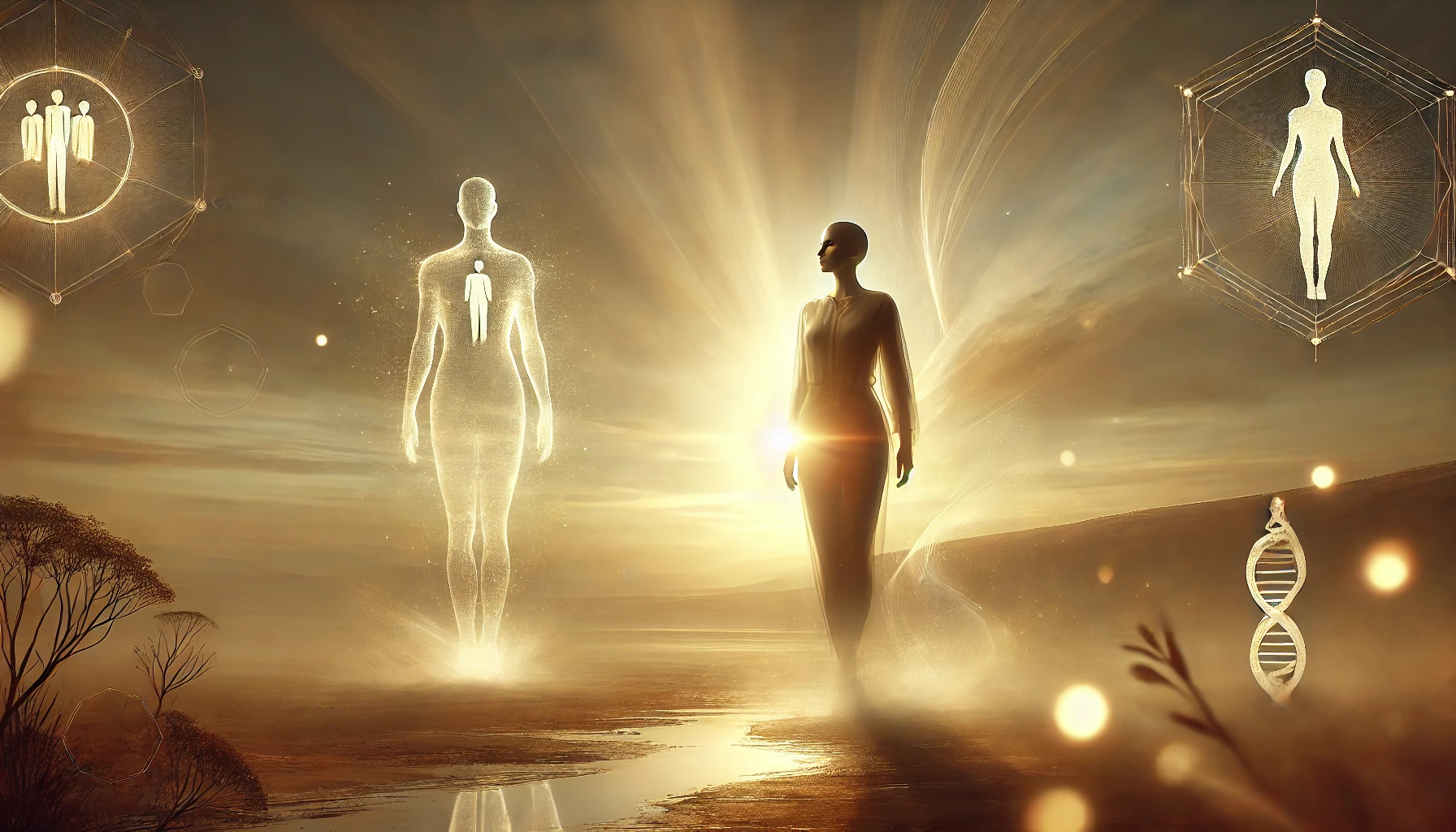

Leave a Reply